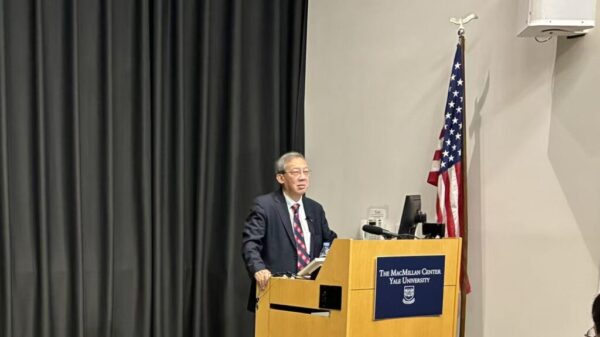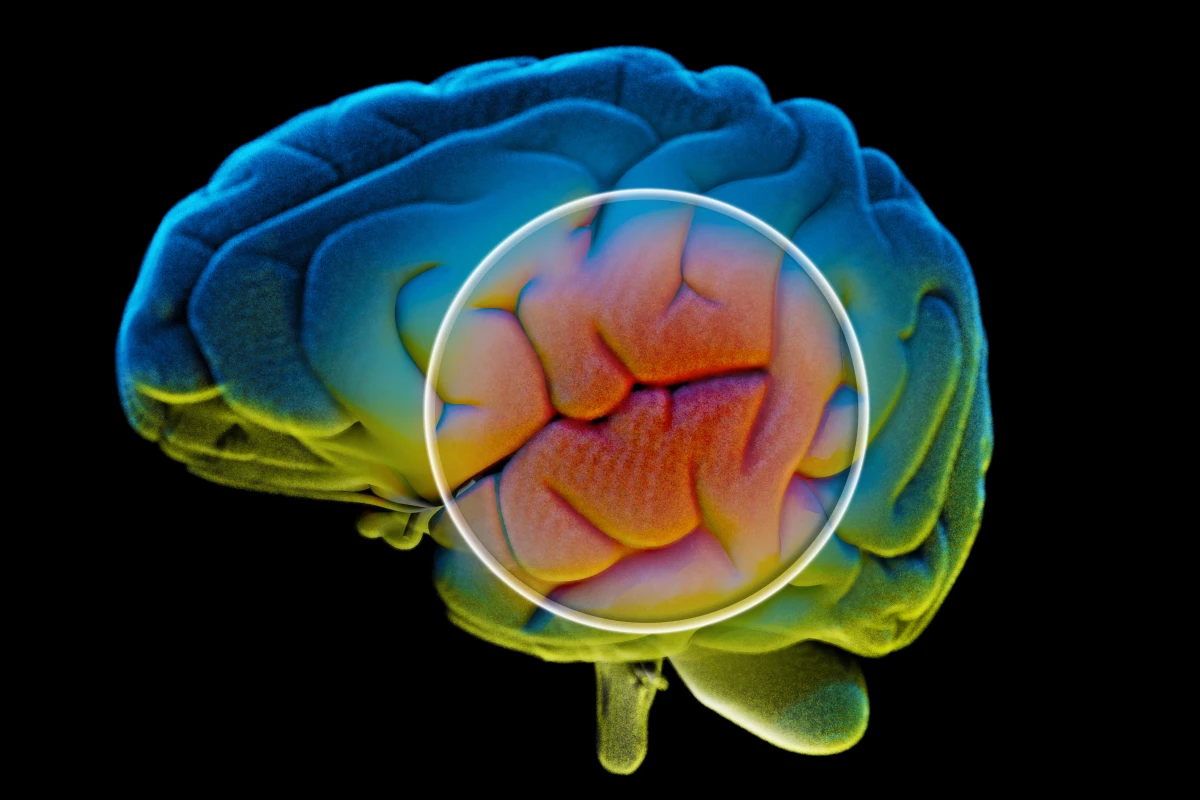A groundbreaking study from researchers at UC San Francisco has identified a brain protein that may reverse age-related memory decline. Published in Nature Aging, the research focuses on the hippocampus, a critical region for learning and memory that is particularly susceptible to the effects of aging.
The study reveals that cognitive decline in older adults is not merely due to neuron death but is significantly influenced by the loss of synaptic efficacy. The researchers pinpointed the protein ferritin light chain 1 (FTL1) as a key player in this process. Their findings indicate that an accumulation of iron in the brain could be linked to declining cognitive function, which has long been suspected but not fully understood.
Using advanced techniques such as neuronal nuclei RNA sequencing, the team discovered elevated levels of FTL1 in the hippocampi of older mice. This protein was found to actively disrupt neural connections, leading to reduced cognitive performance. In fact, when FTL1 levels were artificially increased in younger mice, their cognitive abilities diminished, mimicking those of aging brains.
The researchers also conducted experiments in vitro, where nerve cells exposed to high levels of FTL1 developed fewer and less complex neurites compared to normal conditions. This finding suggests that FTL1 impairs the structural integrity of neuronal networks, further contributing to cognitive decline.
In a promising twist, the study demonstrated that reducing FTL1 levels in older mice led to significant improvements. Neuronal reconnections were observed, and cognitive function improved remarkably, indicating a potential path to rejuvenating brain health. Senior author Saul Villeda emphasized the significance of these findings, stating, “It is truly a reversal of impairments. It’s much more than merely delaying or preventing symptoms.”
Beyond its role in memory, FTL1 was also shown to inhibit metabolism within hippocampal cells. However, the researchers found that this detrimental effect could be countered by treating these cells with a compound that boosts metabolic activity. This discovery opens up new avenues for therapeutic strategies aimed at enhancing cognitive function in aging populations.
Villeda expressed optimism about the future of brain health research, stating, “We’re seeing more opportunities to alleviate the worst consequences of old age. It’s a hopeful time to be working on the biology of aging.”
These findings could pave the way for innovative therapies targeting FTL1, potentially transforming how age-related cognitive decline is addressed in the coming years. As the global population ages, understanding the molecular mechanisms behind memory loss becomes increasingly critical. The study not only highlights the complexity of age-related cognitive decline but also offers hope for restoring mental sharpness in older adults.




































































